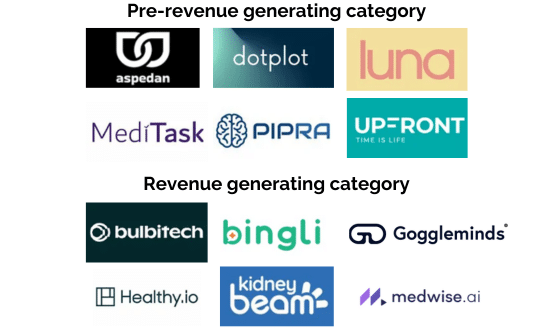Birmingham spends £7m on paediatric EPR
- 24 February 2014

Birmingham Children’s Hospital NHS Foundation Trust will use £3.3m from the ‘Safer Hospitals, Safer Wards: Technology Fund’ to create a paediatric e-prescribing system as part of its electronic patient record project.
The trust has partnered with University Hospitals Birmingham NHS Foundation Trust to create its own paediatric EPR and will match the tech fund money to invest £7m in total.
Georgina Dean, Birmingham Children’s deputy chief officer for contracting and performance, told EHI that working with University Hospitals Birmingham to create a “shared IT platform” makes sense as many of its clinicians work across both trusts.
“Our whole strategy for IT and developing the EPR is to work with UHB. We have collaboration with them and both organisations are very keen on this,” she said.
“What we’re going to do in effect is to buy their systems and make them work for us and make them paediatric systems.”
The PICS prescribing information and communications system developed at University Hospitals Birmingham was commercialised by CSE (now Servelec) Healthcare.
Birmingham Children’s will develop PICS from its neighbouring trust and began working on its e-prescribing project last June to create a fully comprehensive paediatric drug dictionary.
Dr Fiona Reynolds, the trust’s clinical lead for e-prescribing, said the aim is to have a full paediatric e-prescribing system.
“There are two parts to the system: the database of drugs that powers it and then the e-prescribing functionality. It’s a massive undertaking to make a fully comprehensive paediatric drug dictionary,” said Dr Reynolds.
“There isn’t an e-prescribing system commercially available in the UK that has a comprehensive drug dictionary or has all of the functionality we need. What we are building isn’t out there. I’ve looked at systems all over the world and it just doesn’t exist.”
She added that doing paediatric prescribing is tricky as you need many different functionalities built in including age-based e-prescribing, weight-based prescribing, prescribing for premature infants and functionality around dose rounding.
The project will cost Birmingham Children’s £7m over three years, which will come from tech fund money, matched by the trust.
Dean said: “it’s quite a big bid and quite an ambitious strategy, we’re at quite a low base and we recognise that, but we have started to do something about it,.
“We expect to receive some money in March. The timing is difficult but we can now claim it against spending that’s already happened which helps. We’ve already done a lot of infrastructure work and digital dictation as well to get ready for it.”
The trust hopes to begin testing in a year’s time and Dr Reynolds estimates it will be at least 18 months until go-live.
To ensure the trust’s IT projects go to plan, it has recently appointed a chief clinical information officer as well as a clinician design group where they decide what the systems will look like and what functionality they need.
Dr Reynolds said there is a “huge enthusiasm” among clinicians to get the e-prescribing system in place.
“They just can’t wait to get it going. There’s a buzz about the place. Clinicians know what’s happening and it’s going to be different and no one is under the illusion that it’s going to be easy,” she said.
However, before going live with the e-prescribing system, the trust is planning to implement a clinical portal, also based on the portal created by University Hospitals Birmingham.




